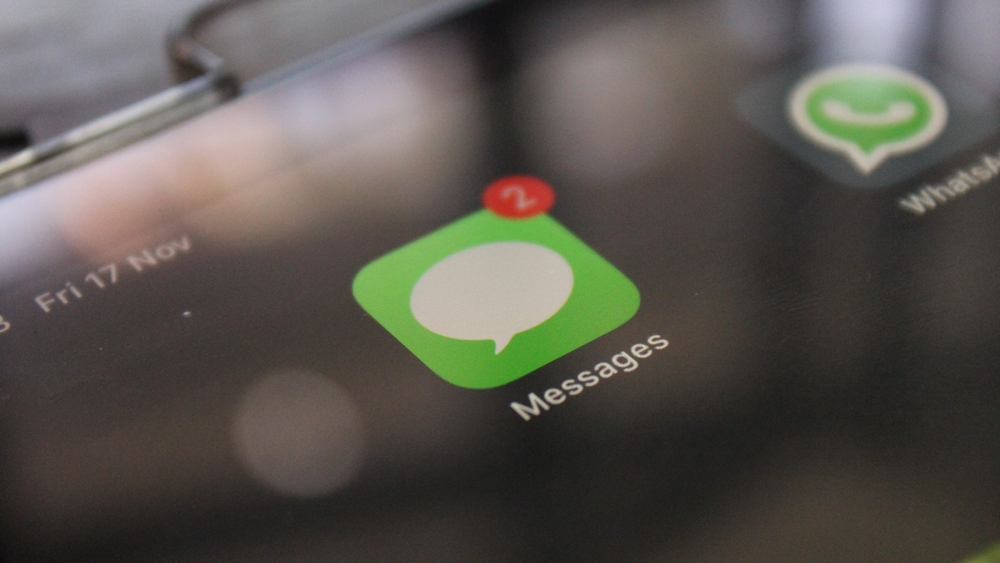In a surprising move last November, Apple declared its commitment to introducing support for the RCS (Rich Communication Services) standard on iPhones, slated for release later this year. Initially attributed to compliance with the European “Digital Markets Act” (DMA), influential tech blogger John Gruber suggests that the pivotal factor was Beijing’s perspective.

China’s Role in RCS Adoption
RCS, a contemporary protocol for SMS transmission, has long been embraced by Android devices, offering features like encryption, read receipts, typing indicators, and enhanced media transfer. Notably, Chinese telecom operators have fervently championed RCS, prompting the government to legislate its support for new 5G devices. Interestingly, despite the absence of encryption provisions, China’s influence seems paramount in Apple’s decision to incorporate RCS into iOS.
“Apple’s willingness to adopt RCS in iOS is solely attributed to China’s insistence. Despite Apple’s reluctance to embrace new protocols with end-to-end encryption or carrier-controlled protocols, the influence of the Chinese Communist Party prevails,” notes John Gruber.
EU’s Limited Impact on RCS Implementation
Contrary to initial beliefs, the European Union’s involvement in RCS integration appears inconclusive, adds NIX Solutions. The DMA, the purported catalyst, lacks any reference to RCS. The European Commission clarified that Apple’s iMessage audience in the region isn’t substantial enough to trigger the law’s application.
